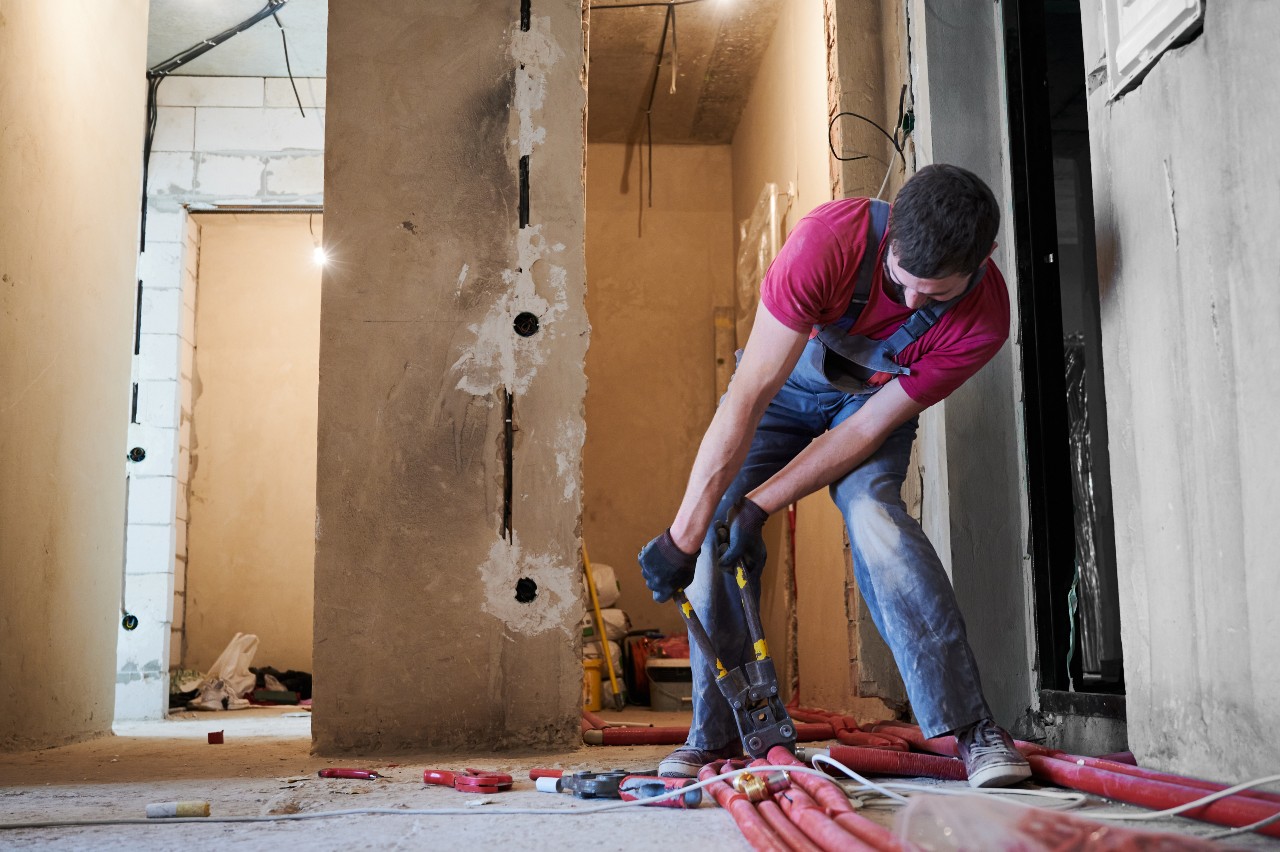
- calendar_month May 28, 2024
- folder Commercial Real Estate
Sharing Tags
California, Housing, Laws and Regulations, Los Angeles, real estate, renting, resources
The way landlords handle security deposits is about to change in several major ways. The California security deposit law (officially recognized as Assembly Bill 12) takes effect on July 1 and will limit how Golden State landlords collect and handle security deposits. JohnHart Commercial Real Estate has the details.
The One Month’s Rent Limitation
Photo credit: Envato
Possibly the biggest change stemming from the law is that landlords will no longer be able to collect first and last month’s rent from new tenants, though there is an exception that we’ll touch on in a moment. Landlords will instead be limited to collecting a single month’s rent upfront. In a competitive market like Los Angeles, collecting first and last month’s rent was almost an unspoken rule among landlords, so the new California security deposit law will bring some growing pains with it. The one-month rent limit must also include any potential pet deposits. No additional security deposit can be charged for tenants with pets.
The “Small” Landlord Exception
Now, for that exception. “Small” landlords will still be able to collect first and last month’s rent from new tenants. But what qualifies as a small landlord?
The following criteria apply to small landlords exempt from the one-month rent limitation:
- Must own no more than two residential lease properties
- Properties cannot collectively amount to more than 4 total units
- Property must be held as one of the following:
(a.) Natural person
(b.) Limited Liability Company (LLC) in which all members are natural persons
(c.) Family Trust
However, special considerations must by law be granted to active duty military service members. This means that even small landlords are prevented from asking for anything more than a single month’s rent upfront from a tenant who is actively serving in the military.
The Correct (and Incorrect) Uses of Security Deposits
Photo credit: Envato
The new California security deposit law also clarifies how a security deposit can (and cannot) be legally used.
Landlords are perfectly within their rights to use security deposits to compensate for the following issues:
- Past-due rent
- Repairs to damages inflicted by the tenant and/or their guests
- Cleaning the property after a tenant has vacated the unit
- Restoration efforts to return the property to its original state as a result of unauthorized tenant alterations
- Replacement of landlord’s personal property (ie. furniture) but only if specifically stipulated in the lease agreement
However, security deposits cannot be used for:
- Damages that existed before the tenant’s occupation of the unit
- Normal/reasonable wear and tear
- Expenses deemed unreasonable or unnecessary
How to Handle the Return of Security Deposits
When a tenant decides to leave, the new California security deposit law has also clarified a standard procedure.
Photo credit: Envato
Step 1: The tenant notifies the landlord of their intent to vacate the unit.
Step 2a: Landlord notifies the tenant of the tenant’s right to request an initial inspection. This gives the tenant the opportunity to fix any problems prior to landlord intervention.
Step 2b: If the tenant requests an inspection, the landlord must complete the inspection within two weeks of the tenant vacating the unit. The tenant must be notified that they have the right to be present during the inspection.
Step 3: The landlord must provide the tenant an itemized statement along with a statement of intent to deduct the damages from the security deposit. The tenant will have until the move-out date to fix the itemized damages.
Step 4: The landlord will send the tenant an itemized statement with detailed explanations of any deductions made from the security deposit (unless the total is under 125 dollars), issued within 21 days of the move-out date. The remainder of the security deposit should be returned with this statement.
How to Legally Address Repairs
Under the California security deposit law, it matters who handles the repairs.
Landlord Does the Repairs
If the landlord does the repairs themselves, then the statement must include the following information:
- Details of the work completed
- Time spent completing the work
- Hourly rate of labor
Photo credit: Envato
Outside Vendor Does the Repairs
If the landlord hires a vendor to complete the repairs, then the statement must include the following information:
- A copy of the bill of work
The Work Cannot Be Completed Within 21 Days
If the damage is to an extent that the work cannot be finished in 21 days, the following is required of the landlord:
- Landlord provides tenant with a good-faith cost estimate
- Final statement must be provided to tenant as soon as available
- Landlord must return the remainder of the deposit within 14 days of work completion
Other Notable Details of the New California Security Deposit Law
While the brunt of the law is covered above, there are a few odds and ends worth noting about AB12.
- As far as matters of security deposits are concerned, there will no longer be any distinction between furnished and unfurnished units.
- Landlords have no legal obligation to provide receipts for security deposits collected from new tenants.
- Landlords are not required to pay interest on security deposits.
- There is no mandate to keep security deposits in a separate bank account.
Failure to comply with the new California security deposit law can net landlords a fine of up to twice the security deposit amount. While that might not seem like much, these amounts can quickly snowball through multiple offenses. Therefore, it’s advised that landlords play by the rules. The new law goes into effect July 1. Any security deposits collected before that date will not be subject to the new law.




